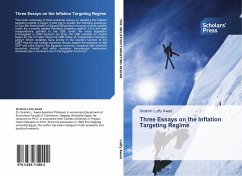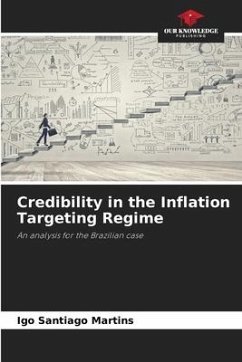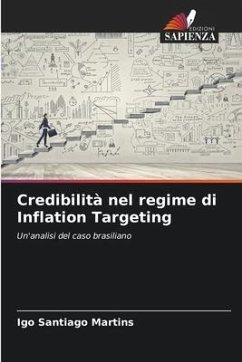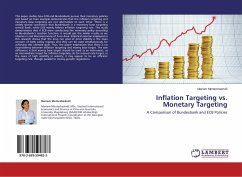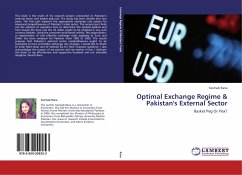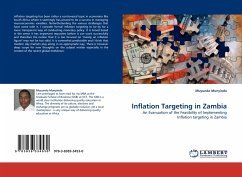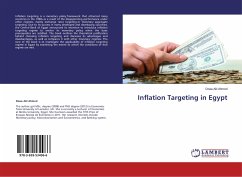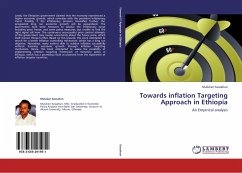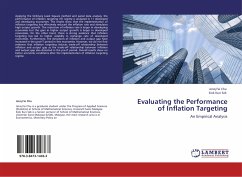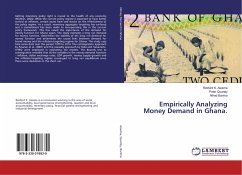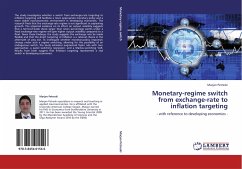
Monetary-regime switch from exchange-rate to inflation targeting
- with reference to developing economies -
Versandkostenfrei!
Versandfertig in 6-10 Tagen
52,99 €
inkl. MwSt.

PAYBACK Punkte
26 °P sammeln!
The study investigates whether a switch from exchange-rate targeting to inflation targeting will facilitate a more appropriate monetary policy and a more stable macroeconomic environment in developing economies. The research finds that the exchange-rate regime is not significant in explaining growth. The empirical evidence on its effect on output volatility suggests that a terms-of-trade shock larger than seven percentage points under a fixed exchange-rate regime will give higher output volatility compared to a float. Given these findings, the study suggests the exchange rate be made flexible ...
The study investigates whether a switch from exchange-rate targeting to inflation targeting will facilitate a more appropriate monetary policy and a more stable macroeconomic environment in developing economies. The research finds that the exchange-rate regime is not significant in explaining growth. The empirical evidence on its effect on output volatility suggests that a terms-of-trade shock larger than seven percentage points under a fixed exchange-rate regime will give higher output volatility compared to a float. Given these findings, the study suggests the exchange rate be made flexible and that the direct targeting of inflation is a rational choice in the aftermath of peg exit. To investigate whether monetary-policy responses change under such a regime switching, allowing for the possibility of an endogenous switch, the study estimates augmented Taylor rule with two approaches: a panel switching regression; and a Markov-switching VAR. Results from both suggest that inflation targeting represented a real switch in developing economies.



